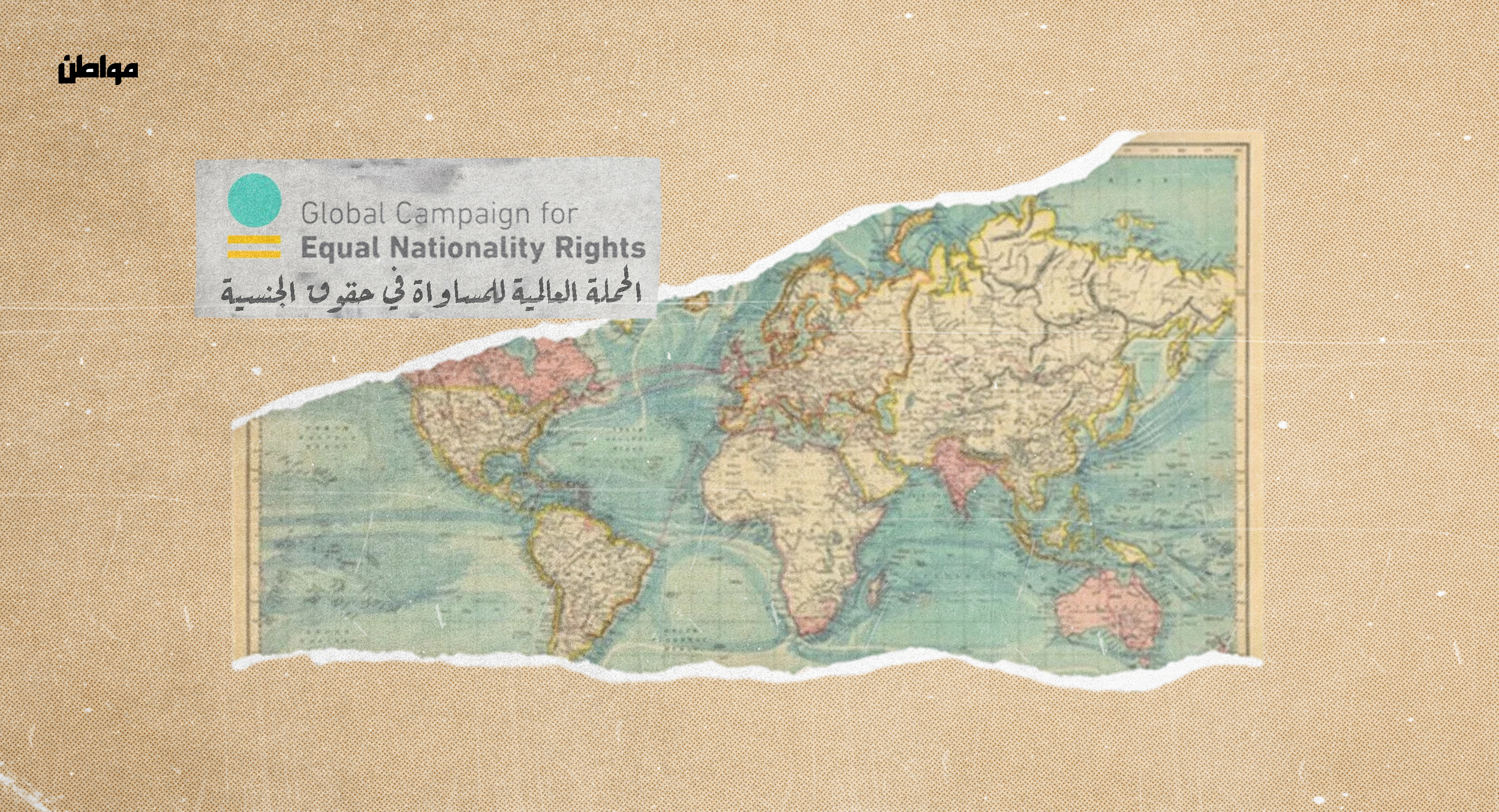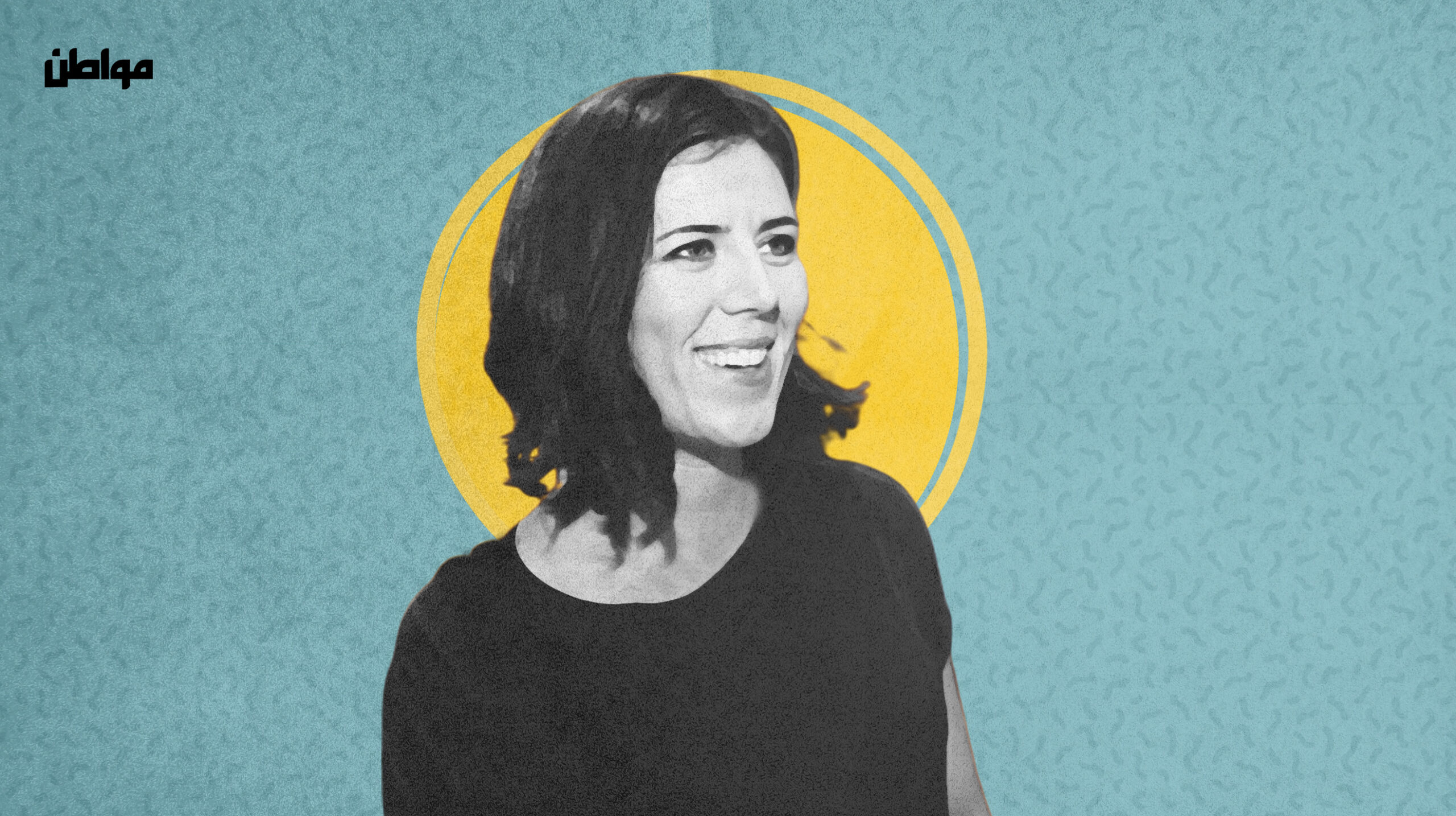The current laws and customs in Kuwait create a situation where the children of Kuwaiti women and non-Kuwaiti men are not considered to have direct ties to the country and are viewed as holders of lower national identities. To address this issue, the “Gray Area” campaign aims to raise awareness about the situation of Kuwaiti women’s children in the country, address various issues that affect them, and work towards achieving social and legal equality. The campaign’s central objective is to grant the children of Kuwaiti women married to non-Kuwaitis the right to nationality and eliminate any discrimination that affects them. The campaign operates with the principles of equality and acceptance of all without discrimination based on race, class, gender, sexuality, or culture, and is independent of any political or social affiliation.
The Gray Area Action
“Gray Area” is a powerful campaign led by Kuwaiti men, women, and children of Kuwaiti women who are advocating for the legal and social rights of Kuwaiti women’s children. Through social media platforms such as Twitter and Instagram, the campaign shares narratives, stories, and designs that shed light on the issues faced by Kuwaiti women’s children. The campaign also engages with the public through questionnaires and opinion polls, and during the parliamentary elections, the campaign designed posters to raise awareness among voters.
What makes the campaign unique is its use of a mix of legal and constitutional content with visually striking Instagram posts. The campaign shares shocking statistics such as Kuwait being one of the only 24 countries that do not allow women to grant their nationality to their children. The campaign also addresses objections and questions raised by society against granting Kuwaiti women’s children their rights with available statistics. In addition to its online presence, the campaign organizes seminars and collaborates with organizations to find jobs for Kuwaiti women’s children.
The “Gray Area” campaign has gained momentum through its teamwork, tireless efforts, and dedication to the cause. It creates a safe and inclusive space for Children of Kuwaiti women to share their experiences and advocate for their rights. Regardless of their background, or their fathers’ nationality, whether they have an Egyptian, Libyan, Iranian, Iraqi, or stateless father, they are all united in their common struggle. The campaign aims to raise awareness about the legitimate rights of Kuwaiti women’s children and encourage them to claim and obtain these rights without pity or discrimination.
The "Gray Area" campaign has gained momentum through its teamwork, tireless efforts, and dedication to the cause.
The stories shared on Gray Area platforms aim to highlight that the rights of Kuwaiti women’s children are legitimate and deserved, and should be claimed and obtained. While the campaign overlaps with other human rights issues in Kuwait, such as women’s rights and the rights of stateless people, it remains independent from other campaigns. Gray Area maintains its focus on the specific issues faced by Kuwaiti women’s children, without branching out into more general issues, although there may be some overlap in demands.
Voices from the Gray Area: Life as a Child of a Kuwaiti Mother
Living as a child of a Kuwaiti woman and a non-Kuwaiti man in Kuwait can be a challenging experience due to the discriminatory reality that they face at an early age. This reality is shaped by situations that set them apart from their Kuwaiti peers, leading to questions about identity and belonging. Children born to Kuwaiti mothers often face questions about their physical appearance and family name, which can be a source of discomfort and frustration. Some children are lucky enough to avoid daily inquiries by having last names that are similar to those of famous Kuwaiti families. Others, however, face constant questioning and wish they had a “Frequently Asked Questions” folio to help them respond. One young woman explained that what bothers her the most is the racism and discrimination she experiences when answering such questions. Constantly having to defend oneself is exhausting, and the repeated conversations can be draining; “I am not Kuwaiti, but my mother is”, “but my father stayed here during the Iraqi invasion”, “but my father is from the Gulf”, etc. Despite these challenges, children of Kuwaiti women continue to persevere and strive for equal treatment and opportunities.
Read More
The name “Gray Area” originated from the fact that this group of individuals does not completely fit into any particular category. Due to discrimination and exclusion, as well as cultural differences stemming from having a father of a different nationality, Kuwaiti women’s children do not fully belong to Kuwait. Furthermore, they also do not completely belong to their father’s homeland. Those who participate in the “Gray Area” dialogues often discuss how they are perceived as Kuwaitis when they visit their father’s country. Although racism may not affect the children of Kuwaiti women and fathers of “prestigious” nationalities, such as Western Europeans, most other countries are viewed as lower in status than Kuwait.
Aya Salih, Departure and the ongoing Gray Area journey
When “NV”, a non-governmental and not-for-profit organization, launched an initiative to choose the best idea for a human rights campaign, Aya was wondering about an appropriate idea for a worthy human rights project. Hence, “Gray Area” was founded after labor between ideas for projects affecting stateless domestic workers and other segments of society.
Aya’s humble nature was evident in her view of the success of the “Gray Area” campaign, which she founded. Despite being the central catalyst and link between team members, she believed that the campaign was the result of teamwork and not her individual efforts. She sought lessons from others’ experiences and was able to create interdependence between team members to motivate each other towards more work.
The campaign faced discouragements and skepticism from others, but Aya’s leadership and the team’s growing snowball of momentum kept them going. Through dialogues, meetings with activists and academics, and praise for their work, the campaign continued to grow.
Unfortunately, Like historical heroes, who are afflicted to be tested, Aya was diagnosed with cancer and kept her illness a secret from all but her family, close friends, and colleagues. She continued working until the last week of her life, driven by a fear that the team would feel she was failing them.
Aya’s final wish was for the “Gray Area” campaign to continue, stating that it was her “daughter” that she wanted to see grow even after her passing.







